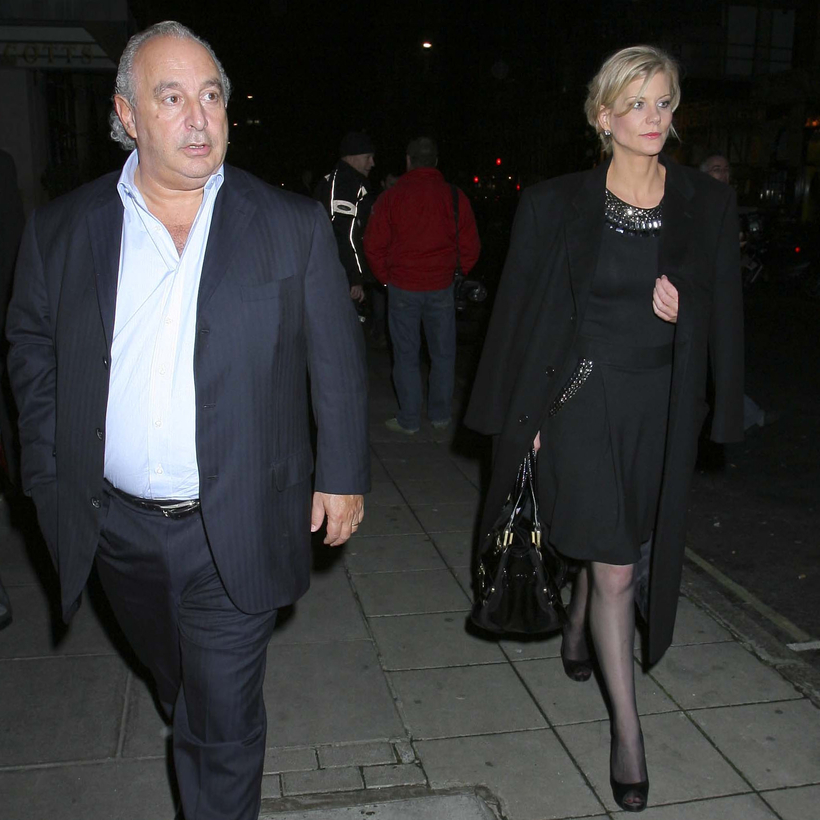The Johnny Depp trial might have sucked up all the headlines with its lurid tales of betrayal and excess, but, really, it’s small fry. If Depp wins, he can expect to receive damages in the comparatively piffling region of $400,000. Meanwhile, at the same time in the same court, a woman is in the middle of suing a bank for almost $2 billion.

To discover why, we need to travel back to a few frenzied days 12 years ago. When the financial crash hit in 2008, several British banks chose to opt for a course of partial nationalization, selling stakes to the U.K. government in order to keep the lights on. It was a sensible move at the time, but the trade-off involved imposing restrictions on things like executive pay and shareholder dividends. Barclays did not take this path. Instead, it relied on a cash injection from the royal families of Abu Dhabi and Qatar, to the tune of $9.2 billion.


